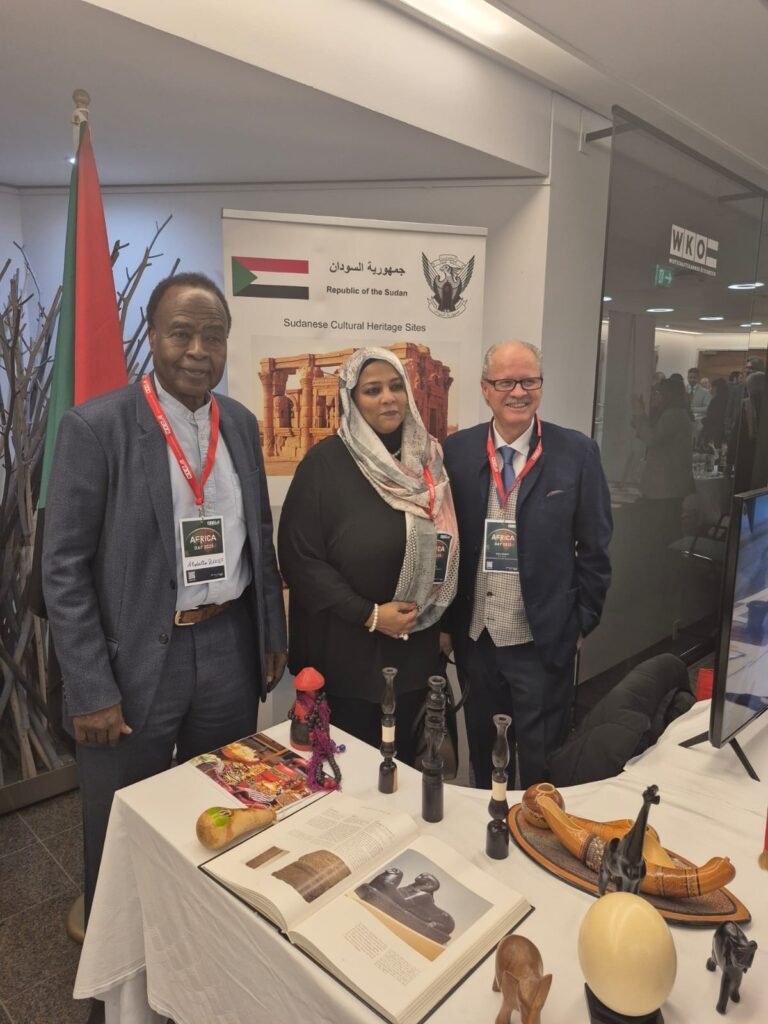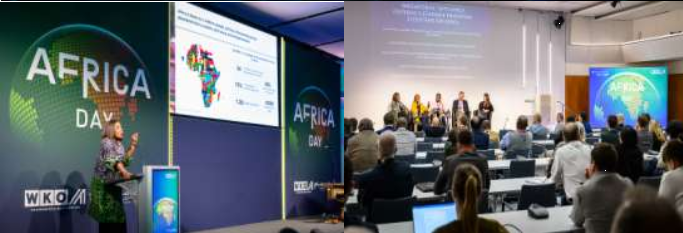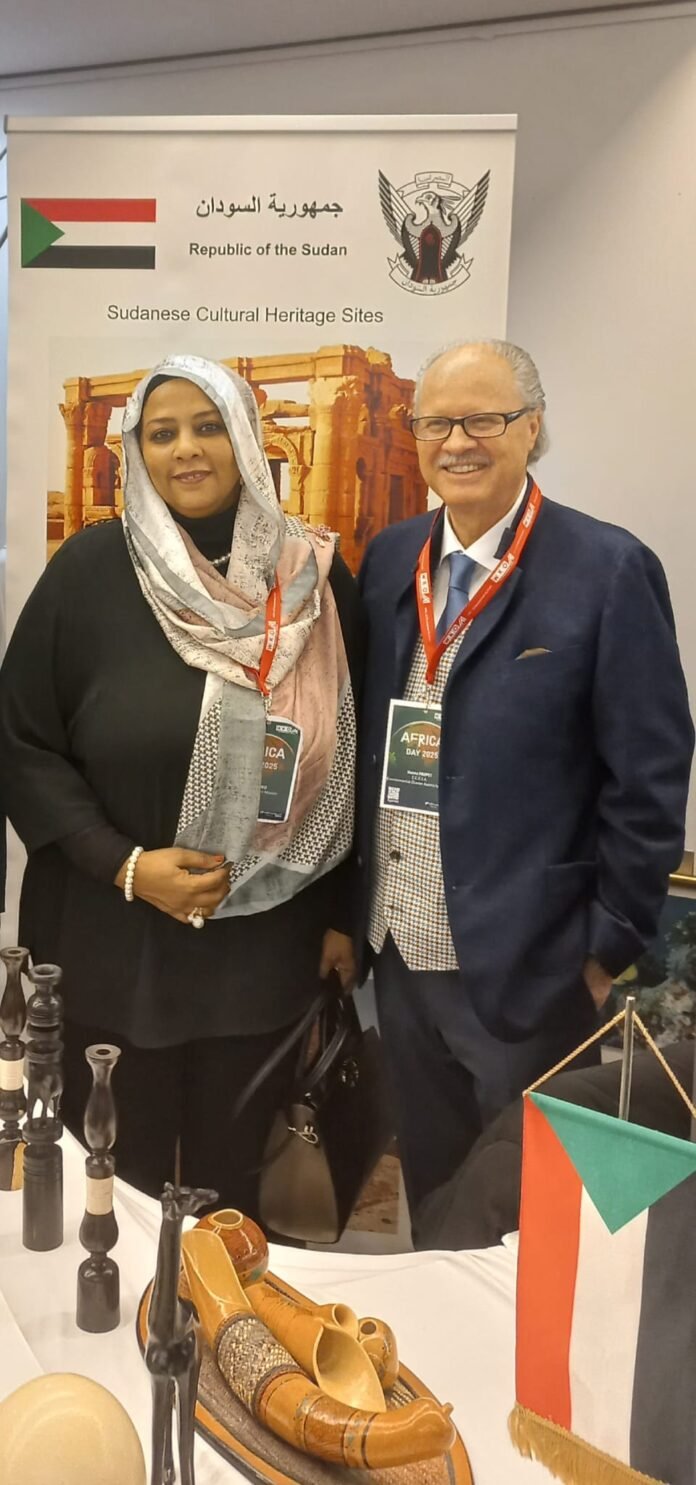Economic Situation in Africa
Despite global crises such as the COVID-19 pandemic and geopolitical tensions, Africa demonstrates remarkable economic resilience. According to the latest forecasts from the International Monetary Fund (IMF), the continent’s gross domestic product (GDP) is expected to grow by 5% in 2025. This steady growth reflects the diverse opportunities Africa offers in agriculture, technology, and services. While many regions around the world are struggling with downturns, Africa has the ability to diversify a variety of economic sectors and drive innovation.
It is also helpful to consider the investment needs in infrastructure. According to estimates, Africa needs around 130 to 170 billion US dollars annually to bring infrastructure to a competitive level. Investments in areas such as transportation, energy, and digital technologies are crucial for the continent’s future growth. These infrastructure projects are not only important for economic performance but also create jobs and promote social development.
Another positive aspect is the increase in foreign direct investments, which are based on a solid economic environment. Compared to other global markets, Africa attracts investors who want to take advantage of the emerging middle class and urban consumption patterns. This offers opportunities for local entrepreneurs and global companies targeting the immense demand for products and services.
Overall, Africa is at a turning point. Confidence in the continent’s economy, combined with the need to urgently modernize infrastructure, creates an environment full of opportunities. The continuous growth, supported by strategic investments, is expected to play a key role in Africa’s future economic development.
Key Topics of Africa Days
The Africa Days in January 2025 had a central goal: to showcase the diverse opportunities and potentials of the African market. During this event, various topics of great interest to companies were addressed, particularly those seeking expansion into Africa. From opportunities in different economic sectors such as agriculture, technology, energy, and tourism to the specific challenges companies face, a wide range of issues were covered.
A prominent topic of Africa Days was digitization and its role in Africa’s economic development. Various speakers highlighted innovative technologies and digital solutions that can help companies optimize their market strategies. Another central theme was access to financing options and investment funds, which can be a crucial barrier for many companies. Practical advice was given on how companies can connect with local investors and financial institutions to realize their projects.
Furthermore, the importance of sustainable development was emphasized. Companies were encouraged to integrate sustainable practices into their business models, not only to assume social responsibility but also to achieve long-term economic benefits. Thus, Africa Days provided a platform for valuable information dissemination, helping companies better understand African markets and develop appropriate strategies for market entry.
The informational events and workshops during Africa Days allowed participants to interact directly with experts and other stakeholders, facilitating knowledge exchange and networking in this dynamic environment.
Networking of Companies: Austria and Africa

Networking between Austrian and African companies offers a variety of opportunities and potentials that are becoming increasingly important in the ever-changing global economic landscape. The Africa Days event in January 2025 will act as a relevant platform to promote mutual exchange. Here, representatives from both regions can meet to build relationships and initiate strategic collaborations.
A central element of these networking opportunities is the creation of a framework in which companies can not only present their business models but also have personal conversations, often leading to successful partnerships. Participants at the event have had positive experiences in the past, arising from the exchange of ideas and information. Many companies reported positive business outcomes achieved through relationship-building with African partners. This underscores the value of such networking events, which go far beyond simple informational meetings.
Another aspect is the opportunity to gain local market knowledge. Participants can gain insights into specific markets and industries in Africa, which is advantageous for Austrian companies planning expansion or diversification into these emerging markets. At the same time, African companies can benefit from Austrian innovation and technological expertise. Thus, networking opens a bilateral perspective that benefits both sides and creates opportunities for economic growth.
In summary, the networking of companies from Austria and Africa offers transformative potentials. The Africa Days in January 2025 are expected to play a decisive role in not only discussing these potentials but also actively putting them into action.
Innovative and Solution Potential of ECEXA Cluster Partners

The ECEXA cluster partners represent a remarkable community of 46 innovative actors contributing to valuable economic impulses in Africa through their sustainable solutions. Each member brings an individual profile based on the principles of innovation, efficiency, and ecological responsibility. These partners work together to address the challenges facing the continent by developing creative approaches and technologies that offer not only short-term but also long-term benefits.
The importance of agility and loyalty within these partnerships cannot be overstated. Agility enables partners to quickly adapt to changing market conditions and customer needs, while loyalty in collaboration forms the foundation for long-term relationships and the exchange of knowledge and resources. These qualities not only foster innovation but also ensure that solutions meet the specific requirements and challenges in Africa.
A key aspect contributing to the success of these cluster partners is the role of aftercare. Continuous support after the implementation of projects is crucial to ensure that solutions are effective and achieve the desired outcomes. Many successful cooperation projects have shown how important it is to respond to target feedback and make appropriate adjustments. This sustainable aftercare not only fosters trust between partners but also improves the chances of future cooperation.
In summary, the ECEXA cluster partners not only bring about innovations but also ensure that these solutions positively impact the continent’s economic and social environment through agile partnerships and comprehensive aftercare.

